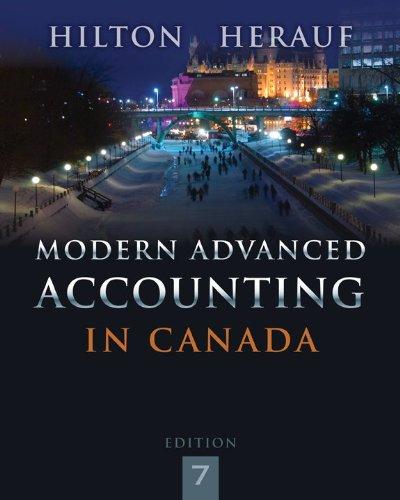Question
You have been recently promoted to audit manager, working for the Chartered Accounting firm of Tick & Bash (TB), which is a large accounting firm
You have been recently promoted to audit manager, working for the Chartered Accounting firm of Tick & Bash (TB), which is a large accounting firm with clients around Australia. One of your audit clients is KiwiKanga Tours Ltd (KiwiKanga), which promotes Australian tours to New Zealand, and New Zealand tours to Australia. It also owns a chain of duty-free shops located in state capital cities.
TB has been auditing KiwiKanga Tours since it was listed on the Australian Securities Exchange (ASX) 12 years ago. The relationship between KiwiKanga and TB is excellent, and the audit team staff have been happy to return to carry out the audit for the past five years. This consistency of staffing has been welcomed by KiwiKanga's accounting staff, who feel it allows the audit to be done smoothly and efficiently. In fact, your former audit manager (whose position you were promoted into) for the past four audits of KiwiKanga left TB last year and has taken up a position as Financial Controller with KiwiKanga. You are looking forward to catching up with him in the forthcoming audit for the 2019 financial year, both for social reasons and the enhanced efficiency his new role will contribute to the completion of the audit.
KiwiKanga has always been regarded as a 'good' audit client. Its financial report has always received an unmodified ('clean') audit opinion. However, the company has been making losses for the past three years as a result of short-term cash flow difficulties. Its bank overdraft is near its limit at the end of the financial year, but KiwiKanga is in the process of negotiating a revolving line-of-credit. It is confident that it will overcome its short-term difficulties and bounce back, strong in the belief that the next financial year 2020 will be a bumper year for international travel and tours.
During the financial year, the company upgraded its accounting system to a computer database. A consultant was hired to aid in the correct changeover of files for this system. At year-end, this new system had been in place for six months, and the directors report that they are happy with the way it is operating. You do not have the expertise to review and evaluate the database management system, so you ask an independent expert to undertake this role. This person concludes that the system appears reliable and that the changeover was correctly carried out. You have never before audited this type of system, so you attend some courses to familiarise yourself with its features. Your firm has a standard work program that you use to test the controls operating within the system.
In your review of the minutes of the board of directors' meetings, you become aware that the New Zealand parent company (which owns 40% of the shares of the company) is considering making an offer for the remaining shares. This is because the company's share price is trading well below its net asset backing.
After your audited 30 June 2019 financial report is published, the takeover offer from the New Zealand parent company proceeds on the basis of an offer price equivalent to the net asset backing of $1.10 per share (as determined from the financial report). The takeover results in acceptances of 96% of the issued capital, and compulsory acquisition proceedings have been instituted for the other 4%.
While these compulsory acquisition proceedings are being instituted, it is discovered that there were errors in the changeover of the computer system, which resulted in the inventory at the duty-free stores being materially overstated. After the subsequent write-down of inventory, a new asset backing of $0.70 per share is established. The New Zealand parent company is now suing your firm TB for alleged negligence for its loss of $0.40 per share.
Case Questions
1. Identify and critically evaluate any audit independence issues present in this case, and how they may be addressed.
2. Audit quality is a function of both competence and independence. Critically evaluate any competence issues in this case.
3. What information does an auditor's opinion convey about a client's going concern? Are there limitations on this, and if so, what are the potential consequences for auditors?
4. Analyse whether or not the New Zealand parent company taking legal action against your audit firm TB for negligence is likely to be successful in its action. Support your answer by reference to case law and auditing standards as appropriate.
Step by Step Solution
3.46 Rating (149 Votes )
There are 3 Steps involved in it
Step: 1
1 Audit independence issues a Selfreview threat The former audit manager of TB has taken up a position as Financial Controller with KiwiKanga which presents a selfreview threat as he might be reviewin...
Get Instant Access to Expert-Tailored Solutions
See step-by-step solutions with expert insights and AI powered tools for academic success
Step: 2

Step: 3

Ace Your Homework with AI
Get the answers you need in no time with our AI-driven, step-by-step assistance
Get Started


